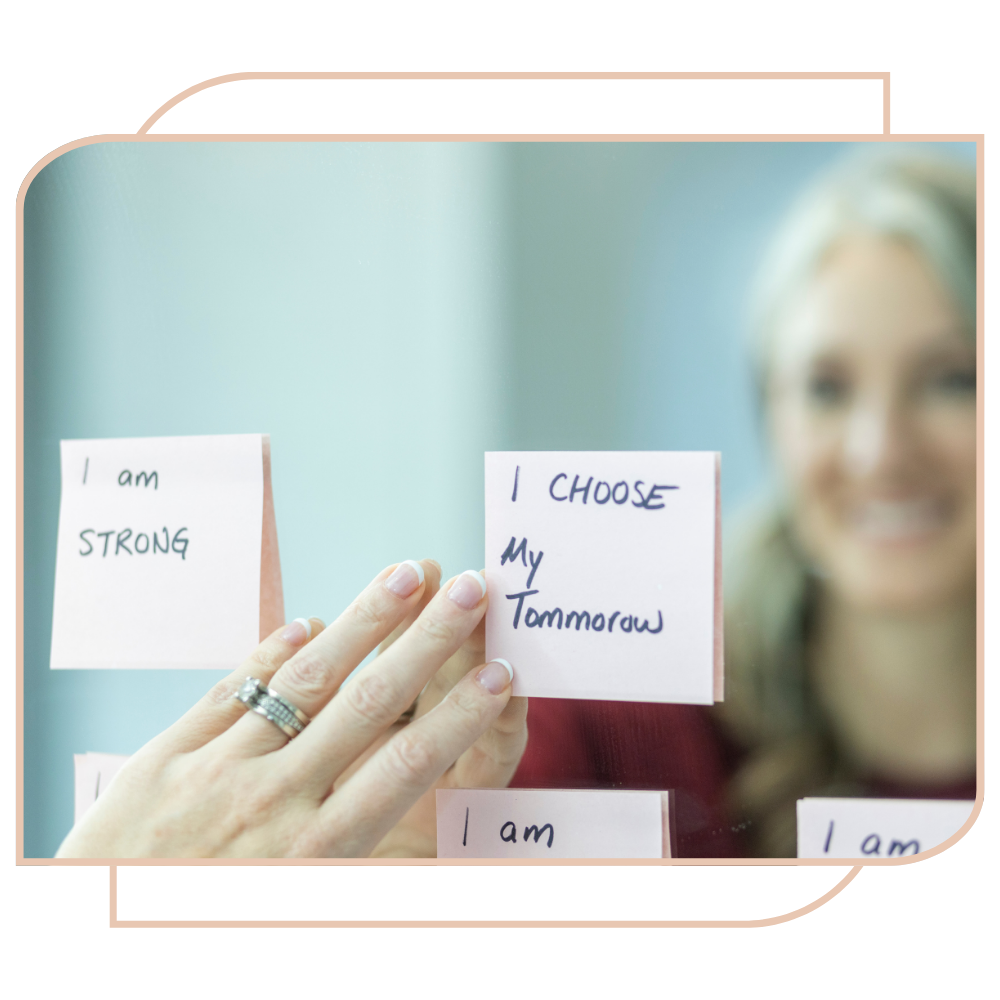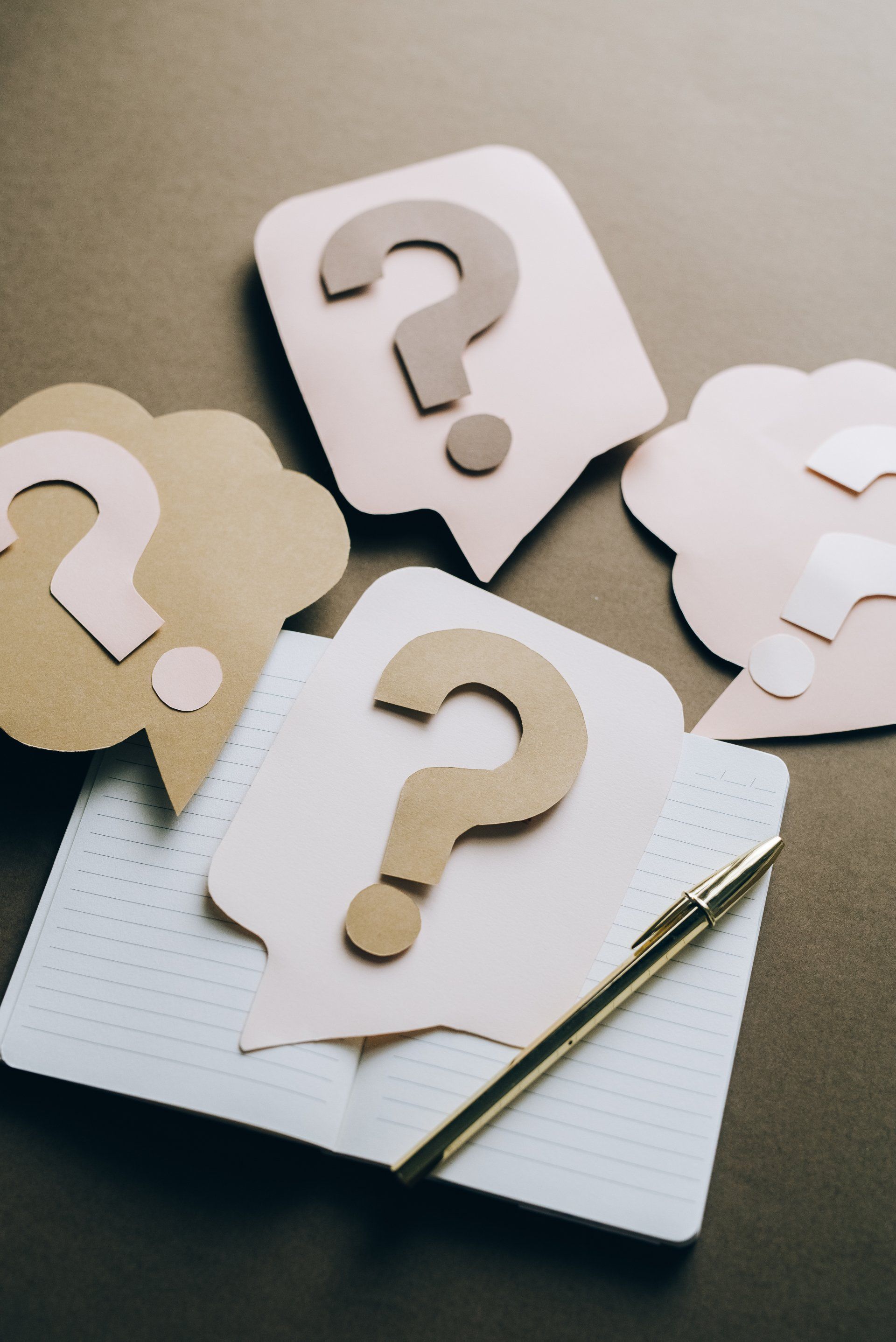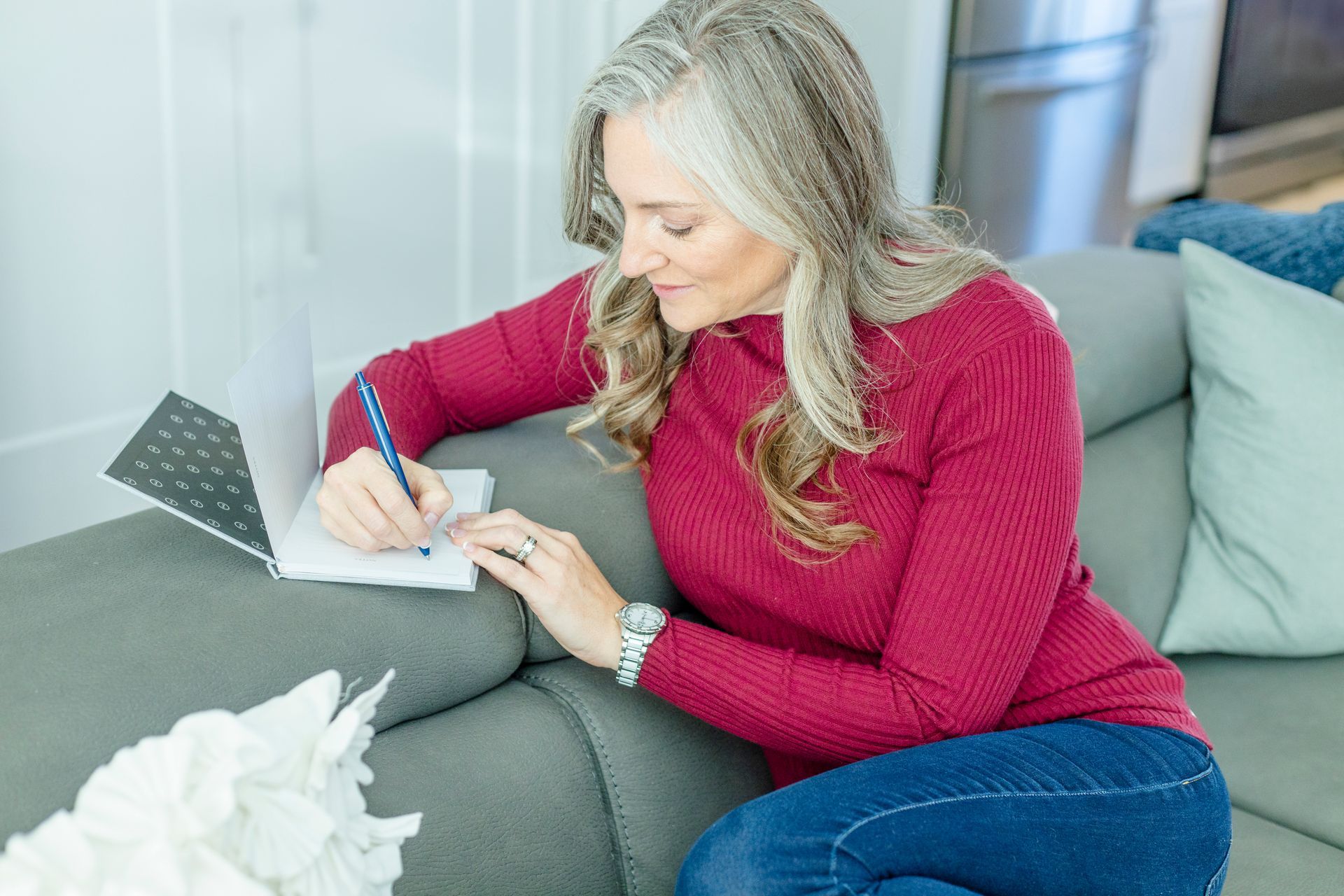Lesson Learned: Stop Taking Thing Personally
I learned to stop taking things personally when others appear angry or withdrawn. I realized that their behaviour was not my fault or a reflection of our relationship. This changed the way I engage with them.
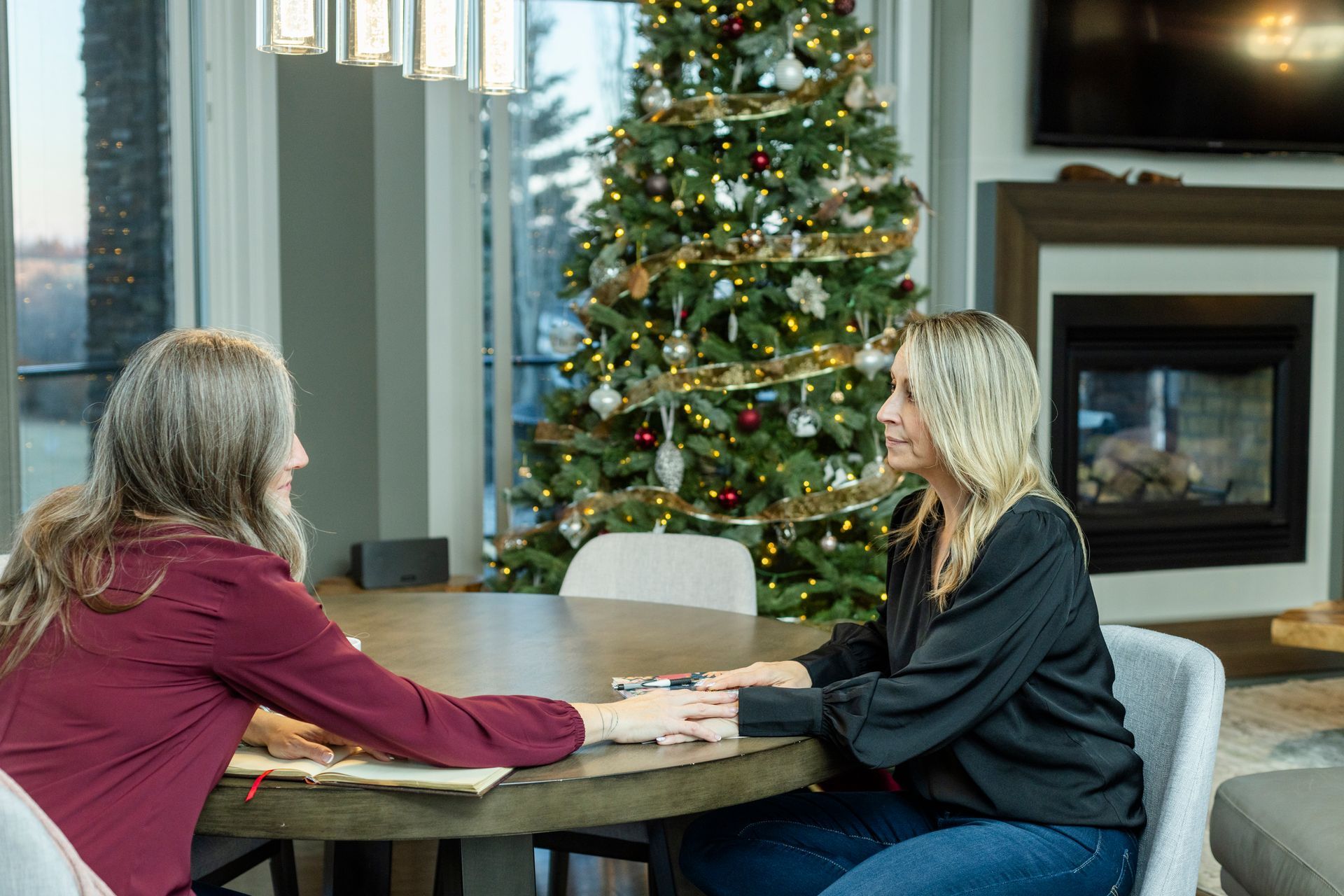
Learning to stop taking things personally when others appear angry or withdrawn is a valuable skill that can greatly enhance one's emotional well-being and relationships. Often, people's negative emotions or behaviours are not directed specifically at us, but are a result of their own internal struggles, stressors, or past experiences. Recognizing this allows us to detach ourselves from their negative energy and avoid unnecessary self-blame or guilt. By understanding that their behaviour is not our fault, we can approach the situation with empathy and compassion, which can potentially defuse the tension and open up opportunities for meaningful communication and resolution. This approach also provides space for the other person to process what they are going through. Rather than reacting and expecting them to meet our needs, we can contribute to their wellbeing by allowing them to move through their emotions to meet their own needs first.
Taking things personally can create a cycle of negativity and escalate conflicts unnecessarily. When we internalize someone else's anger or withdrawal, we may react defensively or with equal negativity, further worsening the situation. By reframing our perspective and realizing that their behaviour is not a reflection of our relationship, we gain the power to respond in a more constructive manner. Instead of getting caught up in a cycle of blame and defensiveness, we can take a step back, assess the situation objectively, and respond with patience and understanding. This shift in mindset allows us to break the pattern of personalizing the actions of others and enables us to maintain healthier and more productive relationships.
Not taking things personally fosters a sense of emotional resilience and self-confidence. When we constantly internalize others' behaviour, we may start questioning our worth or the quality of our relationships. This can lead to feelings of self-doubt and have a negative impact on our self-esteem. By recognizing that their anger or withdrawal is not a reflection of our value, we free ourselves from unnecessary self-criticism and can focus on nurturing our own emotional well-being. This newfound emotional resilience allows us to navigate difficult situations with a clearer mind and a stronger sense of self, enabling us to make better decisions and maintain healthy boundaries in our relationships.
By letting go of the need to personalize others' actions, we can cultivate more harmonious and fulfilling relationships.
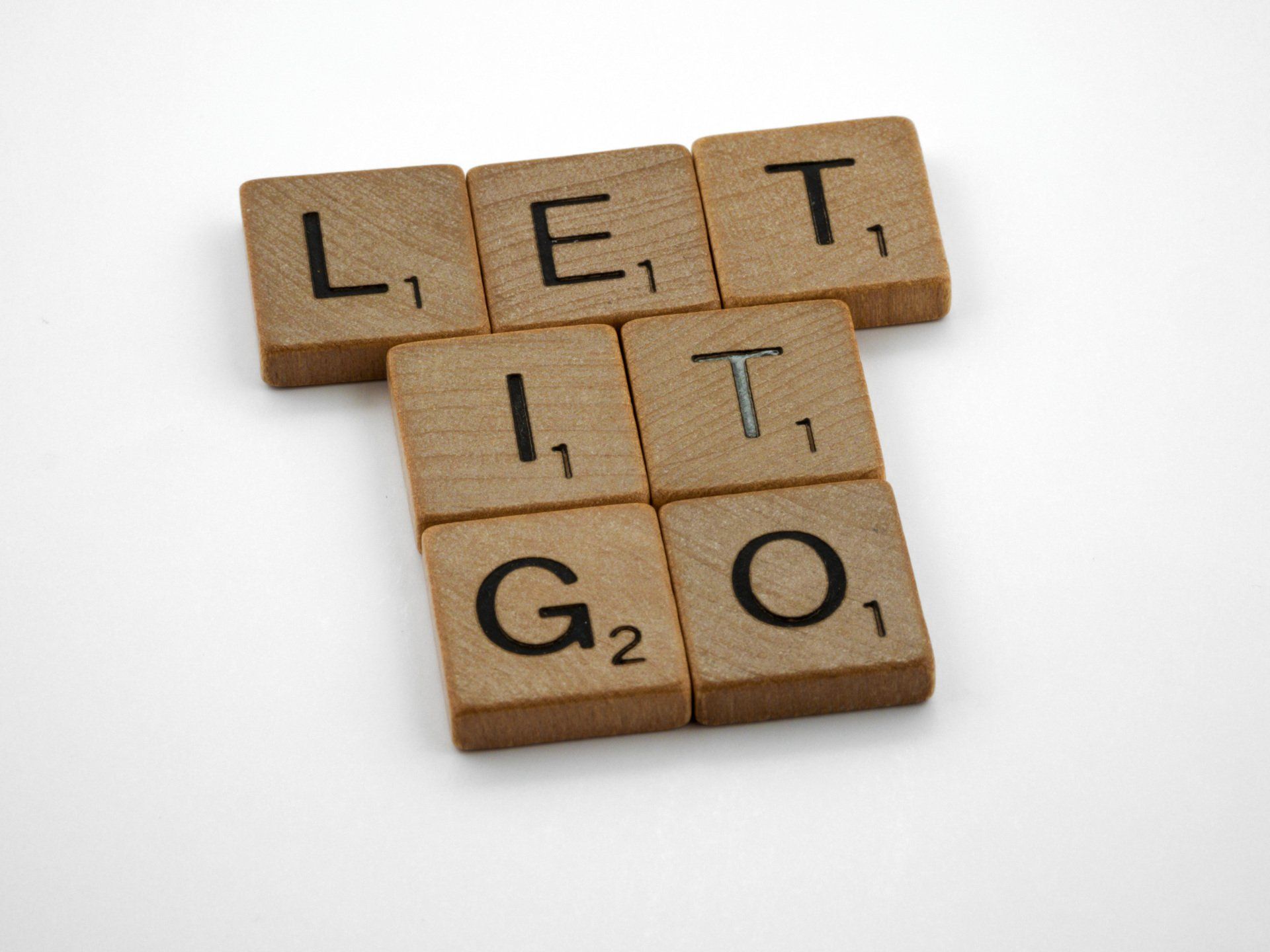
Consider These Questions:
- In what situations do I tend to take things personally? What about these situations activate a reaction within me?
- How does taking things personally affect my emotional well-being and relationships? What unhelpful patterns or cycles does it create and/or maintain?
- What are some potential reasons why others may display anger or withdrawal? How can I broaden my perspective to consider their internal struggles, stressors, or past experiences?
- What strategies or techniques can I employ to detach myself from others' negative energy? How can I avoid unnecessary self-blame, guilt, or shame?
- How does reframing my perspective empower me to respond more constructively in challenging situations?
- How can I practice letting go of personalizing the actions of others? How can this cultivate more harmonious and fulfilling relationships?
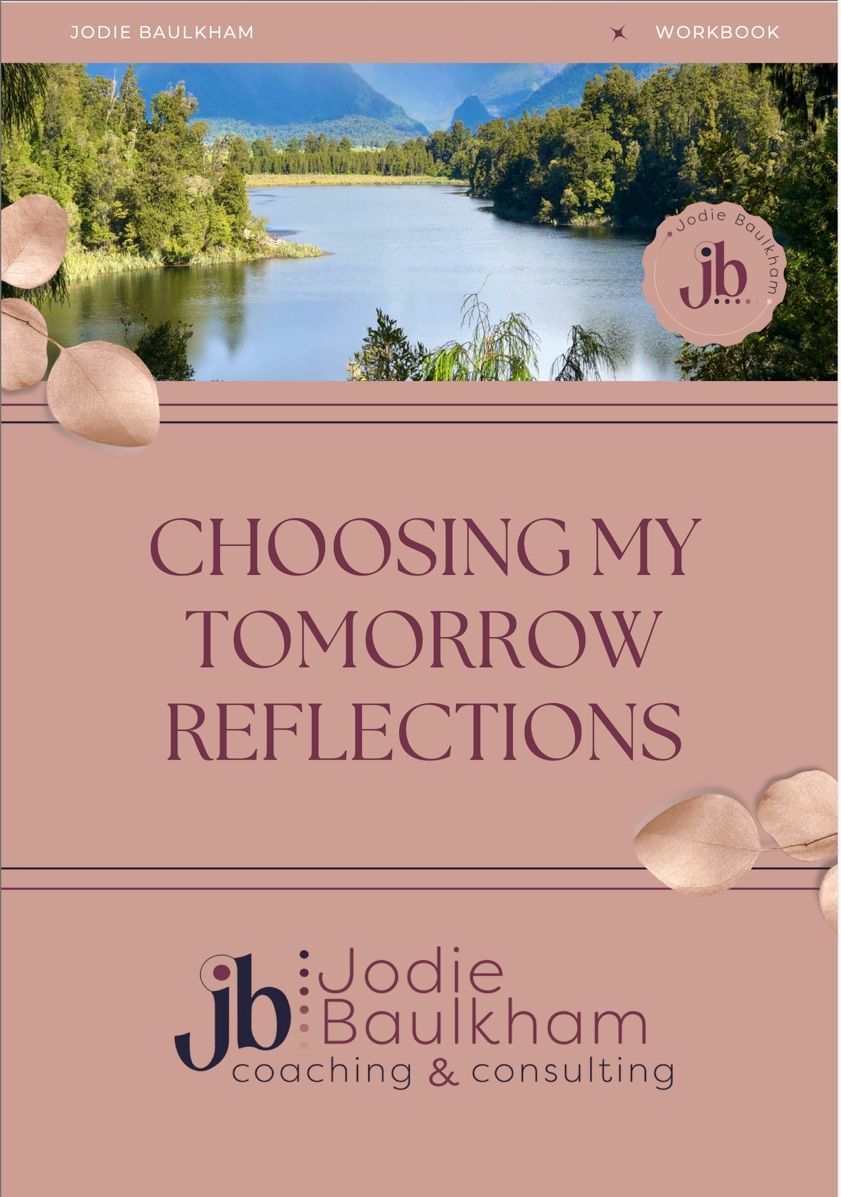
Want More?
To support you in building greater awareness through reflection, I created the Choosing My Tomorrow Reflections Workbook. Use this to capture your thoughts and ideas. Embrace the opportunity to grow and learn.
For those seeking an even more personalized approach, explore my
coaching programs. These programs are crafted to support you in living authentically and confidently, providing guidance as you navigate the complexities of life.


